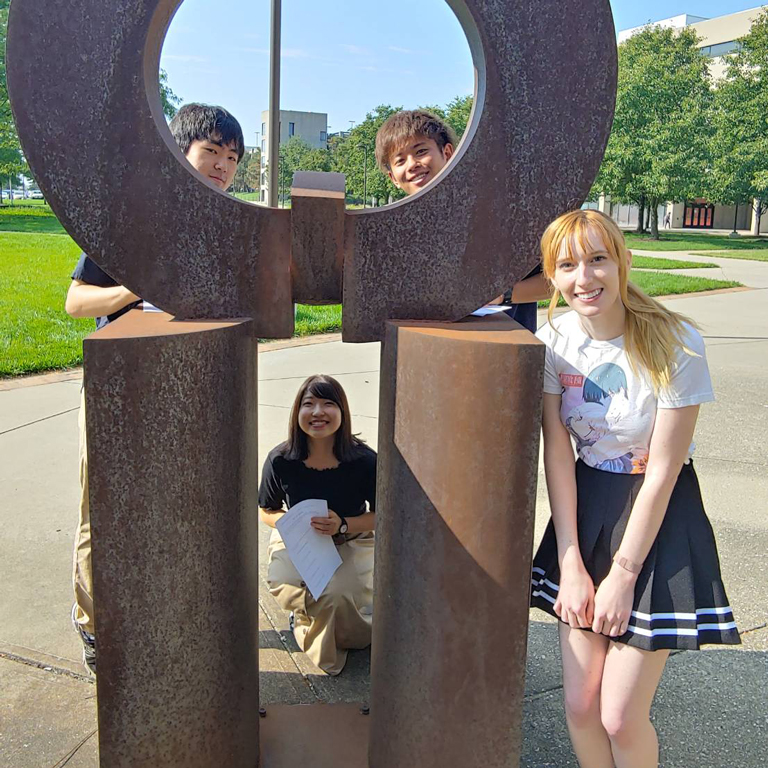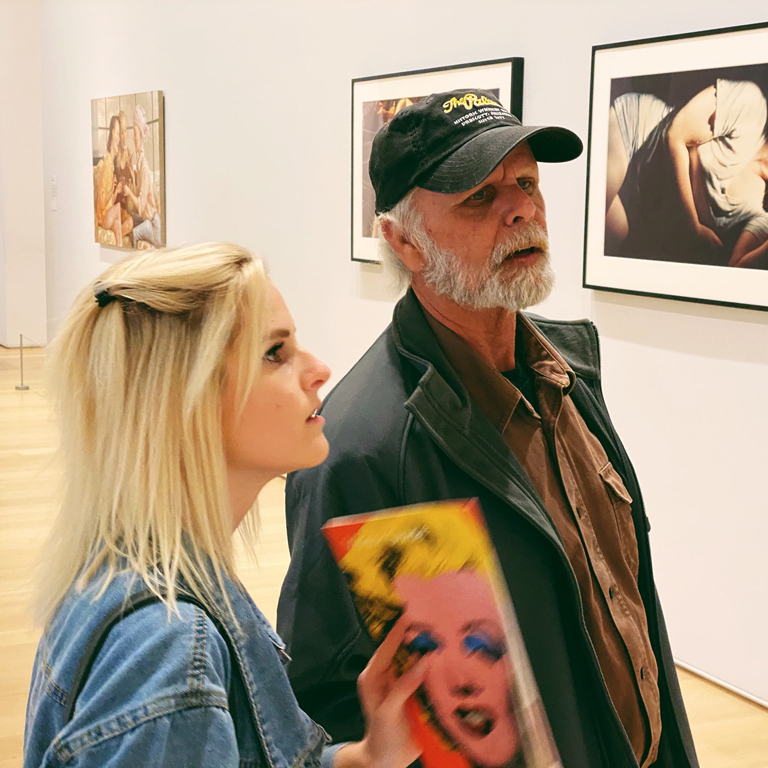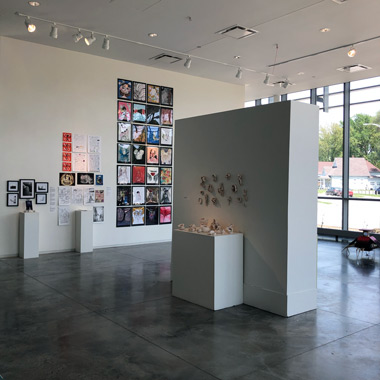This spring, as part of our virtual "Look/See" show, we're highlighting the capstone projects of recent Herron graduates whose creative practices involve research, teaching, and clinical approaches.
Capstones act as the culmination of academic experience in which students use their art/design skills to meet the challenge of a complex project. Most Herron students create original artworks and design solutions.
For art history students, however, thesis papers are the final capstone, allowing students to delve deeply into a subject and write extensively.
In the first installment of spotlights, we offer insights into the exemplary theses of three seniors graduating with Bachelor of Arts degrees.











